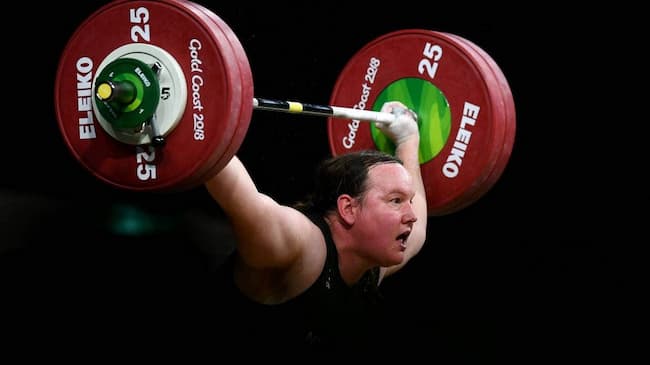Laurel Hubbard, New Zealand’s weightlifter has been selected as the first transgender Olympic athlete on Monday after Kiwi officials made a groundbreaking call on “a highly sensitive and complex issue”.
Chief Kereyn Smith, New Zealand Olympic Committee said Hubbard, 43 — who was born male but transitioned to female in her 30s — met all the qualification criteria for transgender athletes.
“We acknowledge that gender identity in sport is a highly sensitive and complex issue requiring a balance between human rights and fairness on the field of play,” Smith said in a statement.
“As the New Zealand team, we have a strong culture of manaaki (caring) and inclusion and respect for all.”
Hubbard, who also competed as a male, became eligible to lift as a woman after showing testosterone levels below the threshold required by the International Olympic Committee.
She will contest the women’s +87kg category in Tokyo, an event in which she is currently ranked 16th in the world.
Olympic Weightlifting New Zealand president Richie Patterson said Hubbard has worked hard to come back from a potentially career-ending elbow injury suffered at the 2018 Commonwealth Games.
“Laurel has shown grit and perseverance in her return from a significant injury and overcoming the challenges in building back confidence on the competition platform,” he said.
However, support for Hubbard’s selection is not unanimous, with former teammate Tracey Lambrechs saying last month that the concerns of female-born weightlifters were being ignored.
“I’ve had female weightlifters come up to me and say ‘This isn’t fair, what can we do?’,” she told broadcaster TVNZ.
“Unfortunately there’s nothing we can do because every time we voice it (concerns) we get told to be quiet.”
‘Keep an open mind’
IOC rules state a trans woman can compete provided her testosterone levels are below 10 nanomoles per litre, a criteria Hubbard meets.
But critics say she has numerous physical advantages from growing up male that make her presence in the competition unfair for female-born athletes.













